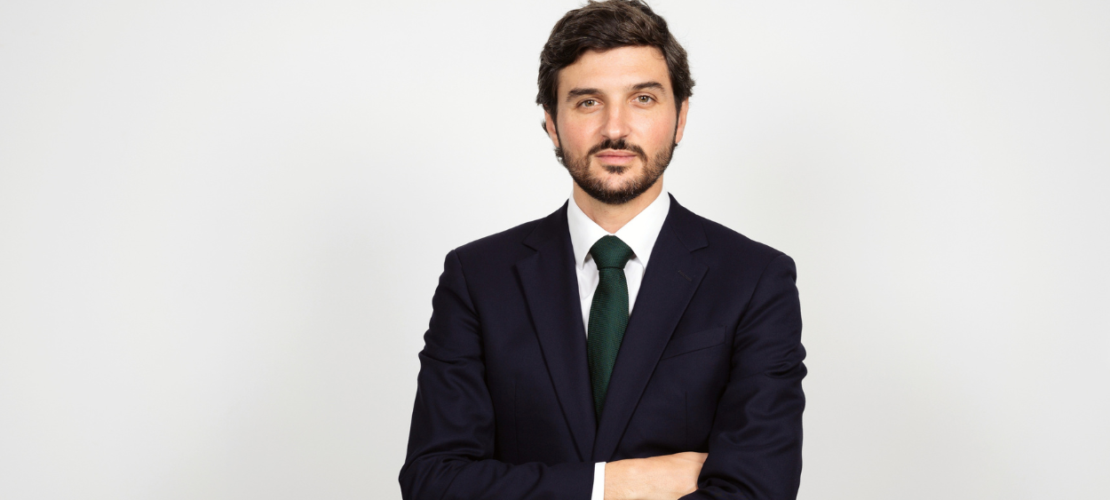Global compliance, local challenges
How Fátima Correia da Silva manages worldwide compliance, adapting policies for 20+ jurisdictions, at Elementis
by glória paiva
From an office in Porto, she coordinates a team of 11 legal professionals with global roles, overseeing the compliance area of a company with 1,350 employees. Every day, her team must track legislative updates in over 20 locations worldwide and adapt policies related to workplace safety, anti-corruption, sustainability, investigations, risk management, and other sensitive topics. This is the routine of Fátima Correia da Silva, since October 2024 – as anticipated by Iberian Lawyer – the global head of compliance at Elementis, a global specialty chemicals company with factories and mines worldwide. Fátima is part of the legal, compliance, sustainability, data protection, and secretariat team and reports directly to the group general counsel and company secretariat, who is also a board member. Before joining Elementis, Fátima was the chief compliance officer, general counsel & DPO at Critical TechWorks, the company supporting BMW in developing software. Before that, she spent over 11 years at EY.
What are the main challenges of such a multinational position as the one you hold now?
I decided to leave Critical TechWorks, a larger company but only located in Portugal, for a global multinational. The first challenge is logistical: coordinating schedules between teams in different time zones. On an intellectual and technical level, I left my comfort zone by confronting myself with different legislations we need to adapt to, for example, in the United States, where each state has its own regulations. If before I consulted the Diário da República in Portugal and the Journal of the European Union, today the first part of my day is spent consulting, internationally, all the legislation of the markets where we operate.
Is there also a cultural challenge in dealing with such different realities?
Yes, what is accepted in Portugal or the UK may be viewed differently in China. Additionally, among our 1,350 workers, there are diverse profiles, from miners to scientists. Communications need to reach diverse audiences. I cannot approach workers in mines and factories the same way I do those in offices. Different languages are also an issue: training needs to be adapted to the local language, as in Finland or Brazil, to be effective. We always have to ensure that everyone understands the message.
What main difference do you observe in compliance work between the software sector for automotive and the chemical sector?
The software sector is highly regulated, such as in the production of artificial intelligence for autonomous driving, which requires ensuring safety and compliance with regulations. In the chemical sector, the challenges are different: we sell compounds to large cosmetic brands and materials for construction. Since the beginning of the conflict in Ukraine, sanctions require checking that distributors are not in sanctioned areas or close to them. For example, how do we ensure that a distributor in Poland will not resell a product with our compound to Russia, which is a currently sanctioned country? There is also the issue of sanctioned chemical compounds. We conduct rigorous analyses to mitigate risks, but there is important due diligence and risk analysis work that needs to be done to respect the sustainability commitment. The issue of sanctions and embargoes was a part I was not used to working with.
Speaking of sustainability, what specific aspects have you observed in this regard as a compliance coordinator?












